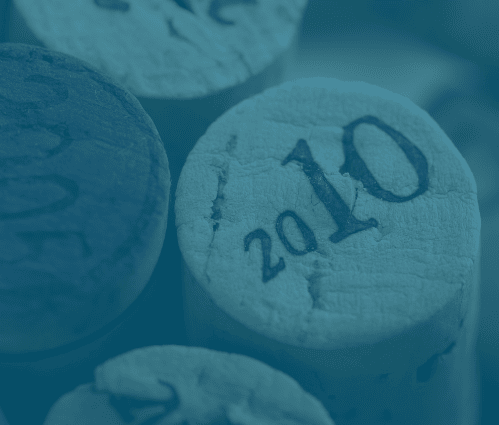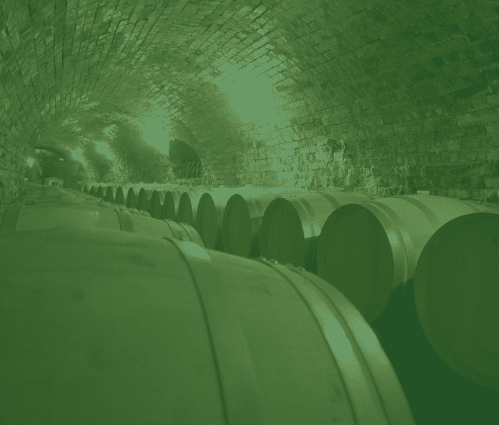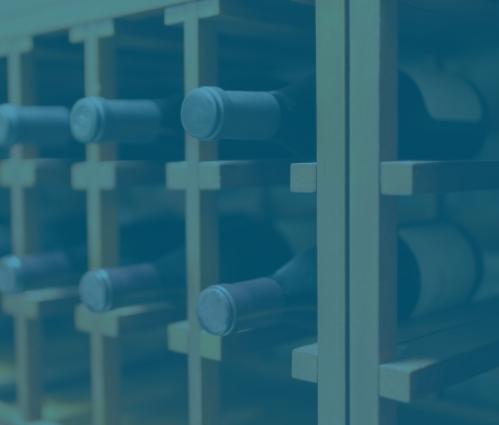In this article, we outline the key things you need to consider when investing in fine wine. Experts like the team at WineCap can help you make informed decisions and build a strong, diversified fine wine portfolio.
Is wine investment a good idea?
Wine investment is a proven way to strengthen and diversify a portfolio. As a tangible asset with historically low volatility, fine wine investment behaves differently from mainstream markets. When traditional assets such as equities or bonds decline, fine wine tends to hold steady thanks to its scarcity, global demand, and long-term drinking windows.
Fine wine has delivered consistent growth over the past 30 years. As bottles are consumed, supply falls and prices can rise. For investors seeking stability and low correlation, fine wine can be a good investment and a powerful portfolio diversifier.
UK investors also benefit from favourable tax treatment. Wine held for investment is usually exempt from capital gains tax, which adds another advantage to the asset class.
How much should you invest?
Fine wines are a luxury commodity, and depending on region, producer reputation, and scarcity, prices can vary widely. Most people start with around £5,000–£10,000, which is generally enough to build a balanced and worthwhile entry-level portfolio. However, there are a range of options. Your starting figure should reflect your broader financial goals and the timeframe over which you plan to invest.
Setting a budget early helps narrow your focus and ensures your portfolio includes wines aligned with your objectives – whether you’re looking for long-term appreciation, shorter holding periods, or a mix of both. As you gain confidence, you may choose to scale up your investment or diversify further.
Which are the best wines for your portfolio?
Once you have set your budget and determined your goals, the next step is selecting the right wines. The final value of any bottle will be influenced by factors such as region, producer, vintage quality, grape variety, critic scores, and overall market demand.
Working with a trusted wine merchant or investment expert simplifies this process. WineCap’s relationships with négociants, wholesalers, and private collectors provide access to some of the world’s most sought-after wines – bottles that are often difficult to source elsewhere. Our proprietary technology analyses over 400,000 wine prices every day, identifying undervalued opportunities and highlighting when to buy or sell your wine for maximum returns across the global market.
This data-driven, unbiased approach ensures that your fine wine portfolio is built on informed decisions rather than guesswork, helping you stay ahead of market trends.
How will you store your wines?
Correct storage is essential for protecting the value of investment-grade wine. Long-term cellaring requires a cool, dark, humidity-controlled environment with minimal temperature variation. Without these conditions, wine quality can decline and lose value.
For investors, professional bonded storage is the gold standard. A bonded storage facility is an HMRC-approved warehouse where wines are stored securely without paying VAT or duty. These facilities offer full traceability and guarantee provenance. Buyers pay more for wines stored under bond because the conditions support long-term quality.
When you decide to sell, well-stored wines with clear provenance attract higher prices and more buyer interest.
Fine wine and the wider alternative assets landscape
Fine wine stands alongside other alternative assets such as art, classic cars, and rare watches. It appeals to investors who want tangible holdings with a clear story, not just entries on a screen. As demand for luxury goods has grown worldwide, the case for fine wine has strengthened.
The global wine market has also become more transparent and data-driven. Over the past 12 months, more investors have used pricing tools, critic scores, and market analysis to guide decisions. This shift encourages a more informed and disciplined investment approach.
For many, fine wine offers something unique. It combines the financial appeal of an alternative asset with the cultural and emotional value of owning great bottles.
Q&A: Quick answers to common wine investment questions
Q: Is fine wine a safe investment during market downturns?
A: Yes. Fine wine often remains stable when mainstream markets fall because its value depends on scarcity and global demand, not stock market movements.
Q: How long should I hold investment wine?
A: Many wines benefit from a holding period of at least 5–12 years, depending on the region, producer, and vintage.
Ready to embark on your fine wine journey? Whether you’re building your first collection or expanding an existing one, WineCap’s expert team can guide you through every stage of the process – from selecting wines to storage, market timing, and eventual resale.
Frequently Asked Questions (FAQs)
What is a fine wine portfolio?
A fine wine portfolio is a collection of investment-grade wines chosen for long-term financial growth, stability, and diversification.
Does fine wine qualify as a luxury good?
Yes. Fine wine is considered a luxury good, and global demand for luxury categories continues to support long-term price appreciation.
Schedule your free consultation with one of WineCap’s investment experts to find out the next steps.


